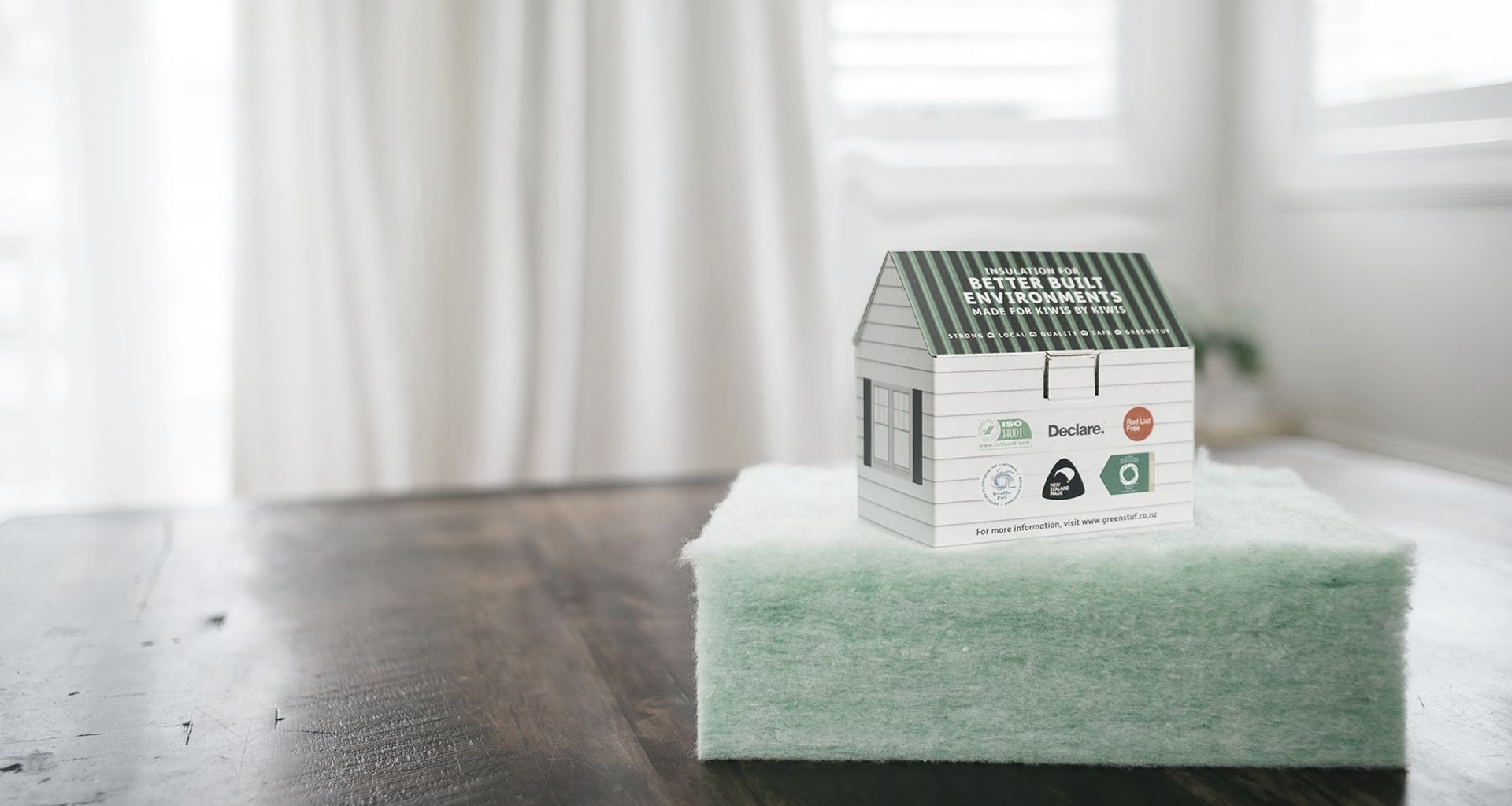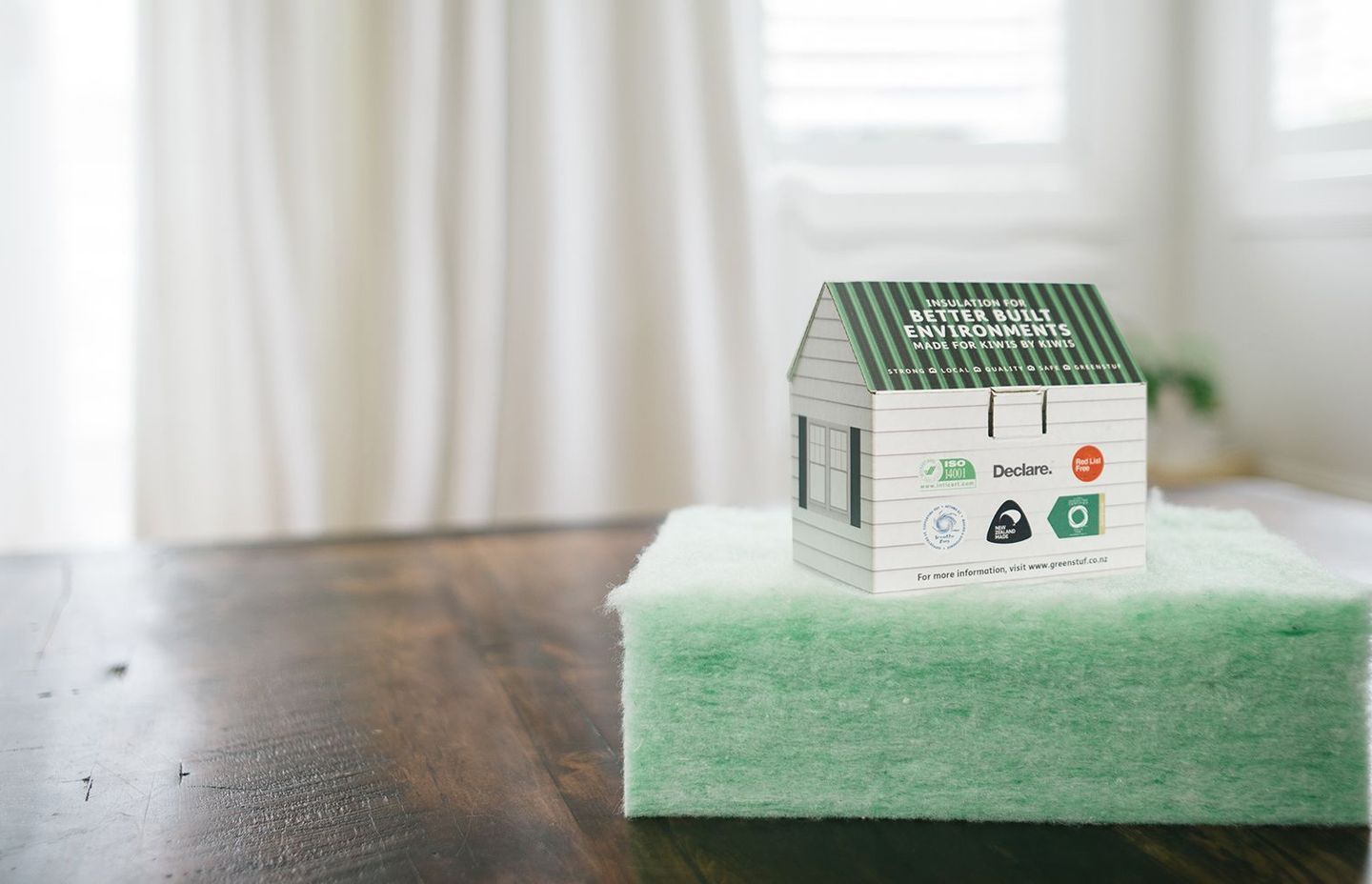Future-proof insulation design

Is New Zealand amid an energy and environmental revolution in the building industry? We think so.
A growing awareness of environmental issues and the rising cost of energy has created a milieu for architects where sustainable building design is no longer a conversation about the future, but a project for the now. Considering the 50-year lifespan of a building, future-proofing structures for long-term energy savings and low environmental impact is imperative.
However, sustainable building design requires more than simply specifying sustainable materials, energy-efficient appliances, or the latest energy management systems; It necessitates a continued dialogue between architects and their clients—beyond budgetary constraints and building codes. Architects should play a crucial role in driving these conversations, because the decisions they make today will impact the wider community for years to come.
Similarly, manufacturers should be considering sustainable design in the development, production, and distribution of their products—especially products designed to keep buildings thermally and structurally sound. Insulation is one of the most effective products for controlling the flow and retention of heat within a building—supporting warm, heathy interior environments and lowering energy consumption. When choosing sustainable products for your project, there are a few things to consider:

Performance over the life of the product: Correctly installed and maintained insulation should not settle or reduce over time.
Product warranty: Ensure products are backed with a 50-year product durability warranty.
How collective building elements work towards energy efficiency: Consider which R-value can be achieved, and, where possible, specify higher performing insulation products. It is always easier to factor into a new build than retrofit in the future.
Thermal bridging for ceiling insulation: Double layering across battens in the ceiling can help minimise energy losses.
Recyclability of the product: Choose reusable and recyclable products to keep them out of landfill.
Green credentials: Insulation products should be environmentally accredited and hold Declare, Red List Chemical Free, and Global GreenTag certifications.
Zero waste manufacturing: Manufacturers with zero waste manufacturing goals ensure the selected products will lead to better environmental outcomes.
Manufacturer’s commitment to the environment: Memberships and affiliations with respected Green Building Councils and organisations demonstrate commitment.
